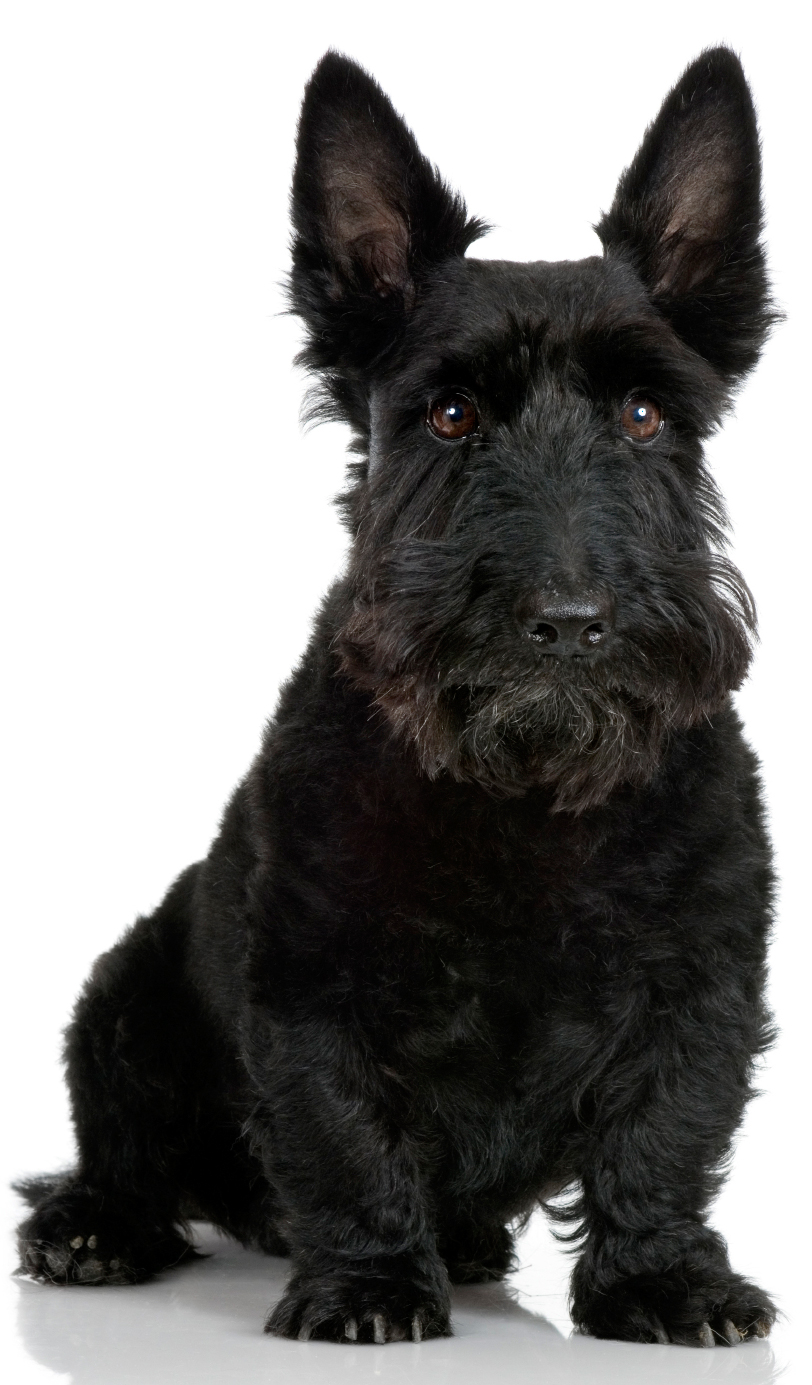Small dogs originated in the Middle East
February 6, 2012 by admin
Filed under Uncategorized
The following article was written by Jennifer Viegas (26.2.10), Discovery News:
“Small dogs the world over can all trace their ancestry back to the Middle East, where the first diminutive canines emerged more than 12,000 years ago.
A new study, which appears in BMC Biology, focused on a single gene responsible for size in dogs.
Researchers found that the version of the gene IGF1 that is a major determinant of small size in dogs probably originated as a result of domestication of the Middle Eastern gray wolf, which also happens to be smaller than many other wolves.
In terms of which came first, big dogs or small dogs, the answer is now the former.
“Archaeological studies suggest that ancient (dog) remains found in Belgium, Germany and Western Russia, which date between 13,000 and 31,000 years ago, were most similar in body size to the Great Dane, while those from the Middle East dating to about 12,000 years ago were most similar to a small terrier,” says lead author Dr Melissa Gray.
Tracing the gene
For the study, Gray, a researcher in the Laboratory of Genetics at the University of Wisconsin, Madison and her colleagues traced the evolutionary history of the IGF1 gene. To do so, they surveyed a large sample of gray wolf populations, other wild members of the Canidae family, and numerous breeds of dogs.
Gray and her team first confirmed that all domesticated dogs trace their heritage back to gray wolves. She indicated the jury is still out as to when and where the world’s first dog – of any size – emerged.
All small dogs, normally weighing 10 kilograms or less, share the variant of IGF1 also found in Middle Eastern gray wolves, the scientists discovered. This means the gene must have surfaced early in the history of small dogs, but after dogs in general were first domesticated.
The DNA studies, combined with the archaeological record, then suggest that at least 12,000 years ago, the first domesticated small dogs entered the world, with humans playing a major role in the process.
“(There) could have been a mutation arising early in the history of dogs,” says Gray, “which was maintained by breeding and artificial selection by humans, or could have been an adaptive trait that developed during domestication as a means to coexist with humans.”
Agricultural influence
The timing and location provide intriguing clues, as Middle Eastern societies then were moving away from the hunter-gatherer lifestyle and towards agriculture-based communities.
“Small (dog) size could have been more desirable in more densely packed agrarian societies where dogs may have lived partly indoors or in confined outdoor spaces,” Gray explains.
“It is unlikely that dogs at that time were used as a source of protection, but more likely that they were used initially for their fur, as a food source, and possibly companionship.”
Reduction in body size is a common feature of domestication and has been observed in other animals, such as cattle, pigs and goats.
Professor David Macdonald of the University of Oxford and Carlos Driscoll of the National Institutes of Health points out in a separate paper in the Journal of Biology that most of the Western barnyard animals were domesticated beginning at around the same time 12,000 years ago.
Dogs stood out from the rest, however, because they were “in the role of not just a treasured companion, but a precursor to wealth and inequality” since “dogs are likely to have become status symbols as well as being intrinsically valuable,” Macdonald and Driscoll write”.
What kind of dogs do you prefer? Little ones like Miniature Fox terriers, medium-sized dogs like Labradors or large dogs like Irish Wolfhounds or Great Danes?
Please consult a qualified animal naturopath for advice about nutritionally-balanced diets and naturopathic medicines for the treatment of animals.
Yours In Great Health,
Sar Rooney BHSc., DC., ND., DASc., GDSc. (Hons) Zoology, MHATO, MATMS
Naturopathic Practitioner, Researcher, Lecturer, Canine Naturopath
Science-Based Naturopathy for Canine Wellbeing
Canine naturopathic health care with a clinical focus on skin conditions, inflammatory bowel disorders, chronic infections, arthritis and disease prevention.
Helping dogs achieve optimal wellness with personalised, professional naturopathic health care and individually-prescribed high-quality herbal medicines and supplements
Naturopathic Animal Services W: www.animalnaturopath.com.au E: [email protected] FB: http://www.facebook.com/DogNaturopathAppointments are available by email, phone & skype
Want to keep up to date on the latest in dog health? Join me on Facebook:http://www.facebook.com/DogNaturopath
Disclaimer: The information provided is not intended to replace any veterinary or medical advice or treatment.

